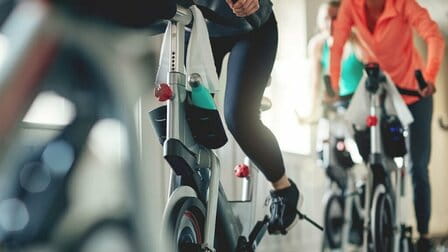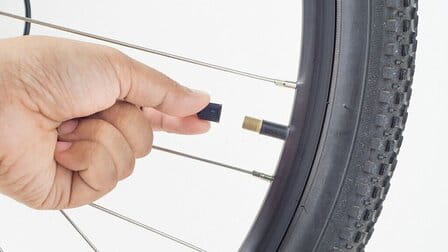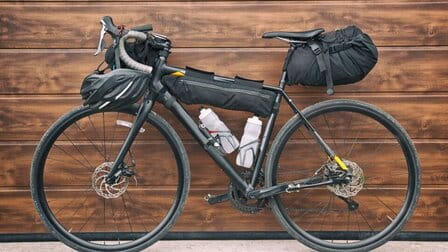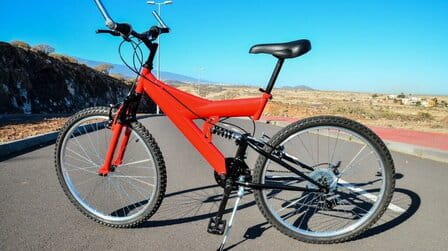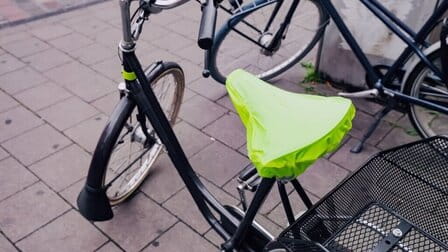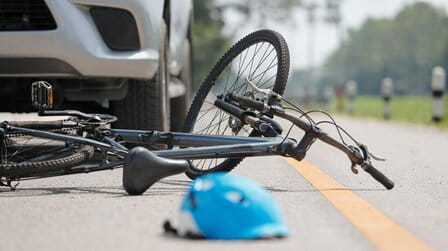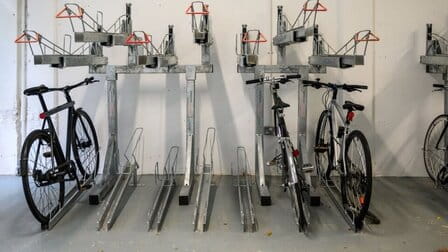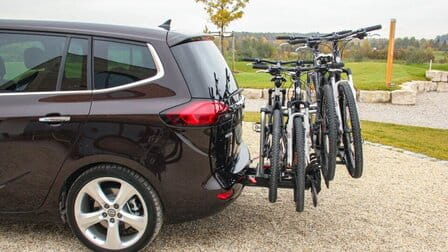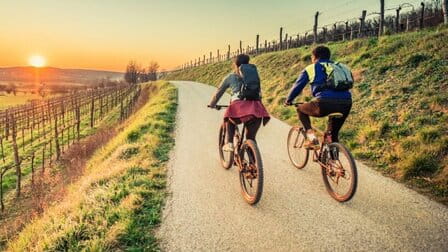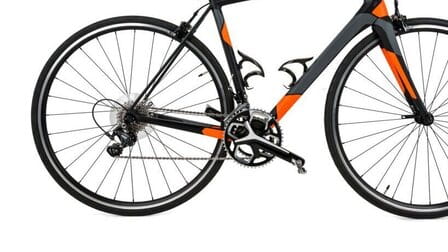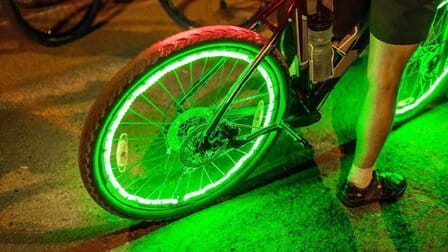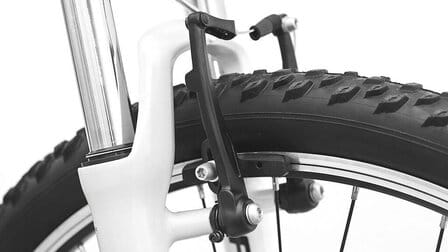You will be in for a ton of incredible adventures. But we already recognize that learning to cycle may be a very stressful experience. That can seem as though there are a number of additional unspoken rules in addition to the fundamental laws of the road.
It could be scary for a new rider. Early admission can help you avoid wasting precious time, energy, or face-palming situations. Many of the concerns you face really have no correct or incorrect answers, but learning information in a timely manner and establishing your own judgments can keep yourself ahead of the field. From your first riding, we're confident that the feeling of liberty, exploration, and excitement that riding a bicycle brings will have you captivated. The process of getting started is simpler than it may first appear, so we'll let everyone in on something hidden: You don't even need to wear clothing that is clingy. We've compiled essential pointers about how to pedal a bicycle for beginners to make it easier for you to go for your start.
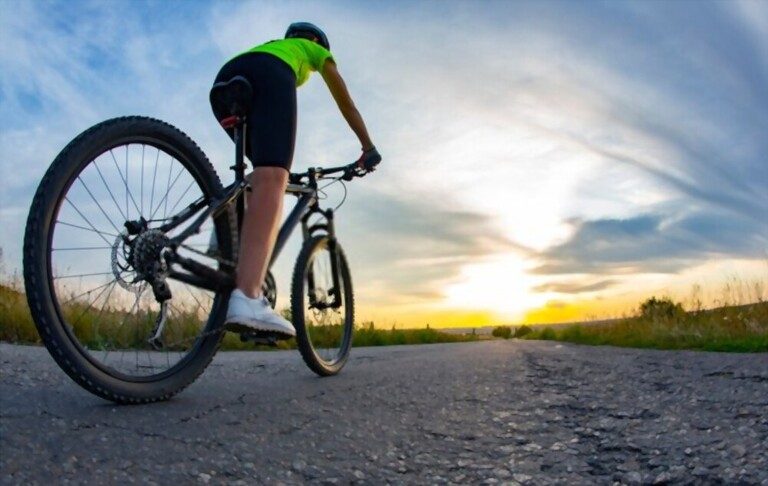
1. Select the Best Bicycle
You will need a fantastic pair of trainers to start. Even though we love every cycle, we're speaking specifically about bikes that are meant for something like the roads here. The lighter bicycles are made to make it easy for you to travel on concrete bikeways or main roads. This has been the most popular and convenient type of biking for starters.
Although you are aware of your size, A bike store can semblance your figures, ensure that the bike suits you, assist you in getting started on it, likely provide a complimentary service, and be available to you once you have concerns. Long-term savings are possible when you seek knowledge and counsel now.
Then, choose a bike that matches your riding preferences and financial situation. Consider your intended uses for the bike as well as any potential growth opportunities. Regular cleaning, such as lubricating your chain, can save you cash at the repair shop but it also increases the lifespan of the bicycle and its parts. Maintaining the proper tire pressure also makes riding simpler and increases tire life.

2. Get prepared
You'll need to require a few key pieces of equipment. A most crucial safety item is a brand-new helmet, which you should always wear when cycling. Since helmets have such a limited lifespan, it is better to be prepared than concerned and purchase a brand new helmet rather than using the old one that is resting in the closet.
To be a cyclist, you don't really need designer clothing, high-end equipment, or even professional cycling shoes. Nothing quite like scorching a bunch of expensive composite bicycles on a rise once you're pedaling an old one, even though slick stuff could be a great deal of fun. The most crucial thing is to simply hop on a bike and ride; bother about any prospective equipment changes afterwards. A bicycle and a helmet are obviously two items you'll have to get started with, but don't worry over spending tons of money on a lot of extra new equipment.

3. Make The effort
Your physique is adapting to the pressure of a completely new exercise, so your first several riding may be challenging. But as with everything in existence, true advancement comes through persistence over time.
Attempting to take on more and more miles before you're fully prepared is among the leading injuries. Give your body enough to get used to greater routes by building up gradually and easing into them. On such a cycling trip, avoid getting off to a quick start to avoid being tired and burned out later on. The very first quarter of the ride should be spent warming up, the next should be spent finding your flow, as well as the third goal should be spent giving it your all.
A long-term objective is indeed a terrific approach to maintain interest and evaluate performance. Plan to bike a specific amount of days per week.

4. Make It more secure
Always have your cellphone with you when you're riding unaccompanied. Even though you hate admitting it, not all trips always go as predicted. Avoid getting stuck here on the roadside without assistance after a collision or with a broken down vehicle.
Keep the air in your tires. This will simplify riding and lower your risk of having a flat tire.The fun is over when the distinctive sound of air leaking from your wheels interrupts your serene meditation while you're out on the path, Look out such an instruction to replacing a tire or repairing a tire when your plan b for a mechanical problem is to call a friend. If you have the right bicycle tire replacement part on hand—an extra tube, a patching kit, wheel tools, as well as a pump, you probably wouldn't believe just how self - reliant you'll experience. Always obey the rules of the road when cycling, which involves stopping completely in any way, warning signals or red lights and using the proper hand movements when changing lanes or turning. Additionally, don't think that just as you're in the automobile following lane, it realizes you are there. The more attentive you are of your neighbors, the better you will be able to foresee any distracted drivers or potential risks on the street.

5. Locate a Group
Having the internal drive to bike frequently has merit, however there are instances when some helpful social comparison is beneficial. Cycling is indeed a sport that can be played individually or in a team. Cycling with such a group can both have it technically simpler and more inspiring than riding alone once social alienation is removed.
When cycling with something like an unfamiliar team for the first time, stay out at the side, take notes, and seek assistance if you do need it. If your own life and safety of the team are at risk, there are no stupid questions. Cycling is really an unexpectedly friendly and encouraging activity, because you'll quickly discover. Whenever motivation is low, weekly team riding can keep you motivated and provide the extra boost you really have to swing your leg over through the paddle.

6. Don't forget to refuel
For extended trips, a bottle of water and container are usually helpful. You may not need food on the ride when you're only going for a 60 minutes of cycling, but perhaps you should drink water. Carry food with you if your journey will last 2 hours or longer, and probably eat after about 45 mins. Keep consuming small meals roughly each 15 minutes. Your heart can become depleted if you miss eating, which could result in a hypoglycemic episode. It's not a good way to end a ride to be exhausted, irritable, queasy, sick, or confused.
Conclusion
Cycling can enhance your balance, improve your health, and boost your endurance. It works wonders to burn fat, especially all around the belly, or even lowers the risk of getting sick. Additionally beneficial to psychological health. It's been shown that cycling lowers mental anguish, depression. Not to mention that it is reduced, training the whole of the strength training, it is most essential a fantastic time.

